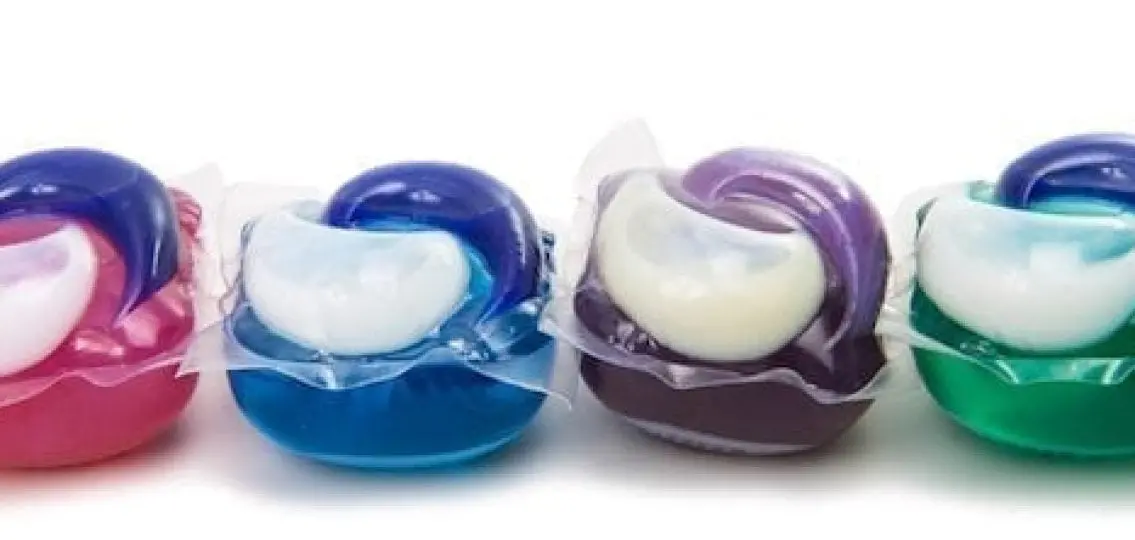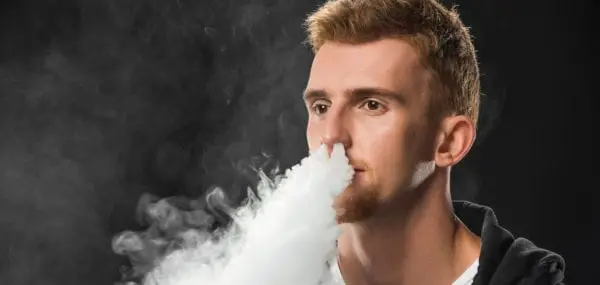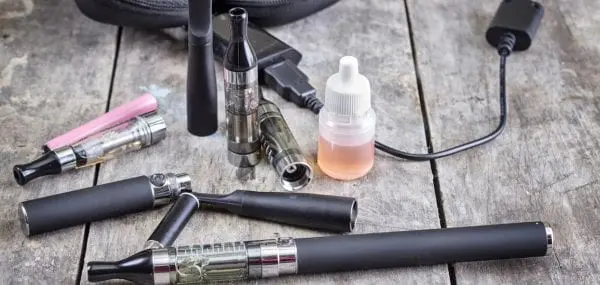Remember when parents washed children’s mouths out with soap for swearing—as a punishment? Now, some teens around the country are putting laundry detergent pods in their mouths as part of a new online challenge. But it’s no joke. According to a CBS news report, the pods contain ethanol, hydrogen peroxide and a highly toxic mix of detergents. Needless to say, they are not meant to be eaten. (They can cause severe gastrointestinal distress, respiratory arrest, and even death.)
So Why Are Teens Eating Tide Pods?
The latest craze is believed to have taken off after a college student posted a video of himself eating a bowl full of pods in March 2017. He ate the pods despite having researched their toxicity, and ends the video saying he didn’t regret the stunt.
Unfortunately, he is not alone. In recent days, the Tide Pod Challenge has become so popular that the detergent’s manufacturer Proctor & Gamble posted a video on YouTube featuring New England Patriot Rob Gronkowski telling consumers not to eat the pods. This is in addition to the existing page on P&G’s website warning consumers about the dangers of ingesting the pods, which offers this advice: If a product is swallowed, drink a glass of water or milk and contact the Poison Control Center (1-800-222-1222) or doctor immediately. Do not induce vomiting.
Both the American Association of Poison Control Centers (AAPCC) and Consumer Reports have also posted warnings about the pods to their websites. In the past year, at last ten people – two toddlers and eight seniors with dementia – have died after ingesting the pods. In 2017 alone, over 10,000 children age five and younger were exposed to single-load laundry packs, according to the AAPCC.
It’s not new for teenagers to jump on bandwagons, even if those bandwagons are careening down hills heading for a cliff. In the 1920s, sitting atop flagpoles for days and weeks was all the rage. Then, it was swallowing live goldfish, after a Harvard freshman swallowed one on a bet in 1939. Stuffing as many bodies into phone booths or cars was a hit in the 1950s. The 1970s saw the emergence of streaking—running around naked. Every generation has their popular craze.
Stupid Internet Challenges: What Should Parents Do?
Of course, social media has changed the game, literally and figuratively. So what should parents do in response to this latest online fad?
“I would suggest asking kids what is the craziest trend they’ve heard about online, or why they think some kids are vulnerable to following a dangerous idea or trend,” advises Devorah Heitner, author of Screenwise: Helping Kids Thrive and Survive in Their Digital World. “That will give you a sense of their judgment. More generally, I’d ask them what YouTubers they follow and who they follow on social media.”
Teens Are Smart
While the Tide Pod Challenge is certainly concerning and should be taken seriously, it’s important to note that the vast majority of teens see it for what it is: a stupid and dangerous stunt.
In response to a post about the story on the Your Teen Facebook page, Kris Wigglesworth posted: I just asked my 16-year-old son if this was really a thing and what he’d do if someone challenged him. He said, and I quote, “I don’t know, but if he did, I’d say, ‘No way! You’re an effing idiot!’”
In an interview, Wigglesworth told Your Teen that her son, Ian, a 15-year-old high school sophomore, also said, “I’m not going to risk hurting myself for a challenge.”
Heitner advises parents to talk to their kids about their social media use in general rather than approaching them with each new scare, which may cause unnecessary stress. She points out that kids have their own likes and dislikes. Not all teens are hanging on every YouTube challenge. What’s important is talking to your teen about making good and safe choices.
“It is hard to account for every poor choice kids will make. But if they have some experience saying no and resisting peer pressure, you may feel reassured that following a deadly trend is unlikely,” Heitner said.
If you or someone you know ingests a laundry pod, or any potentially toxic substance, call the national poison help hotline at 1-800-222-1222 or text POISON to 797979 to save the number in your phone.




